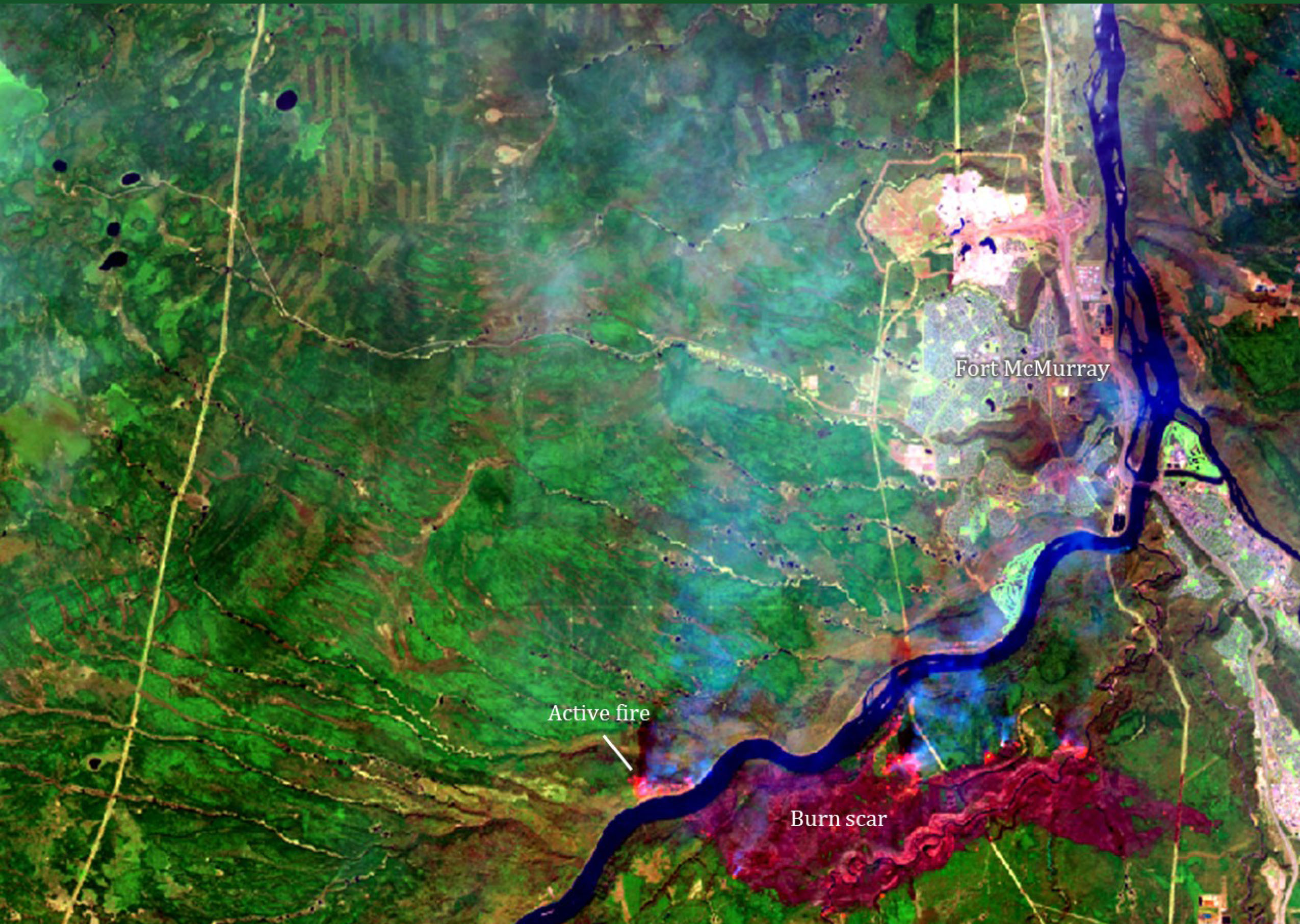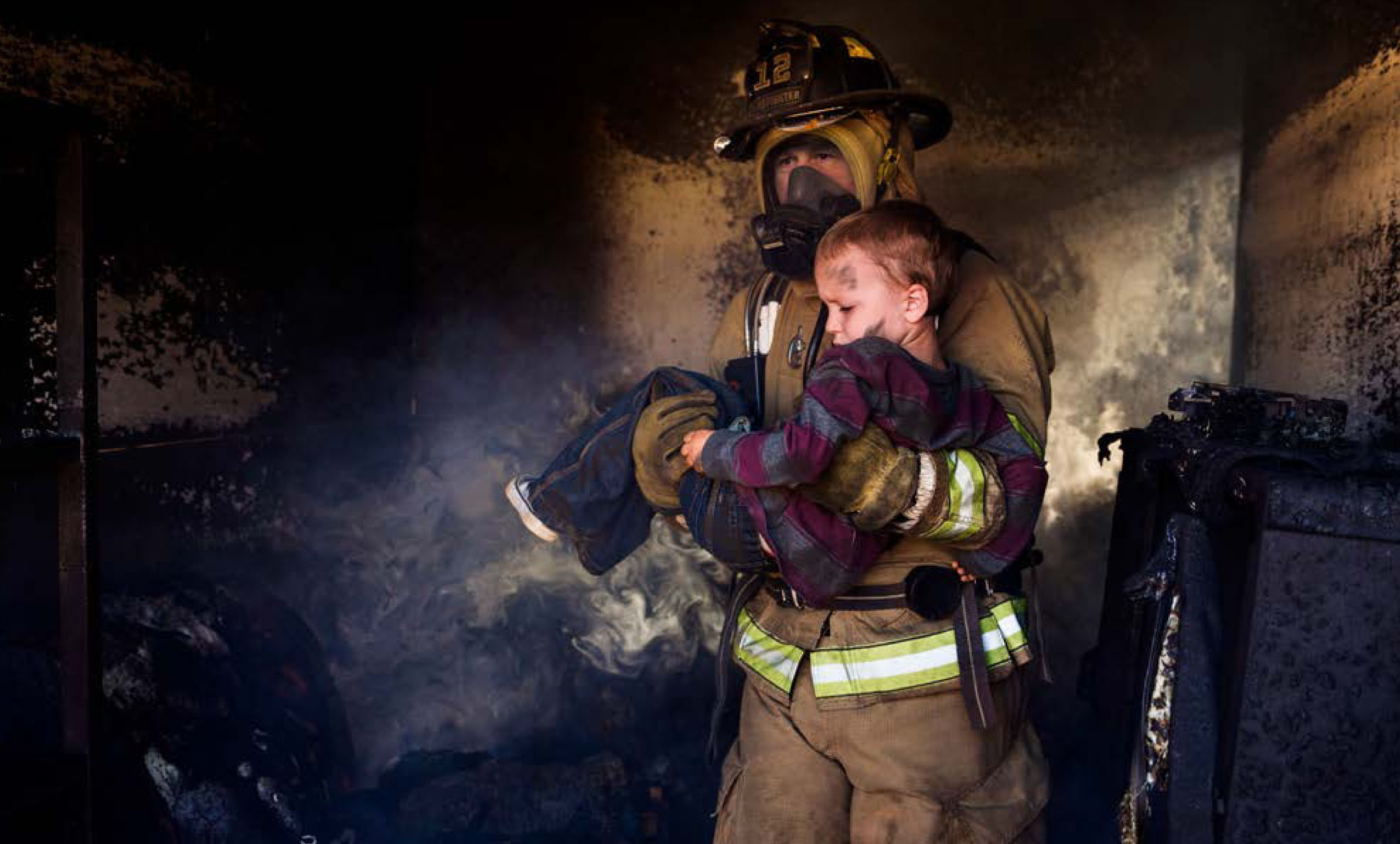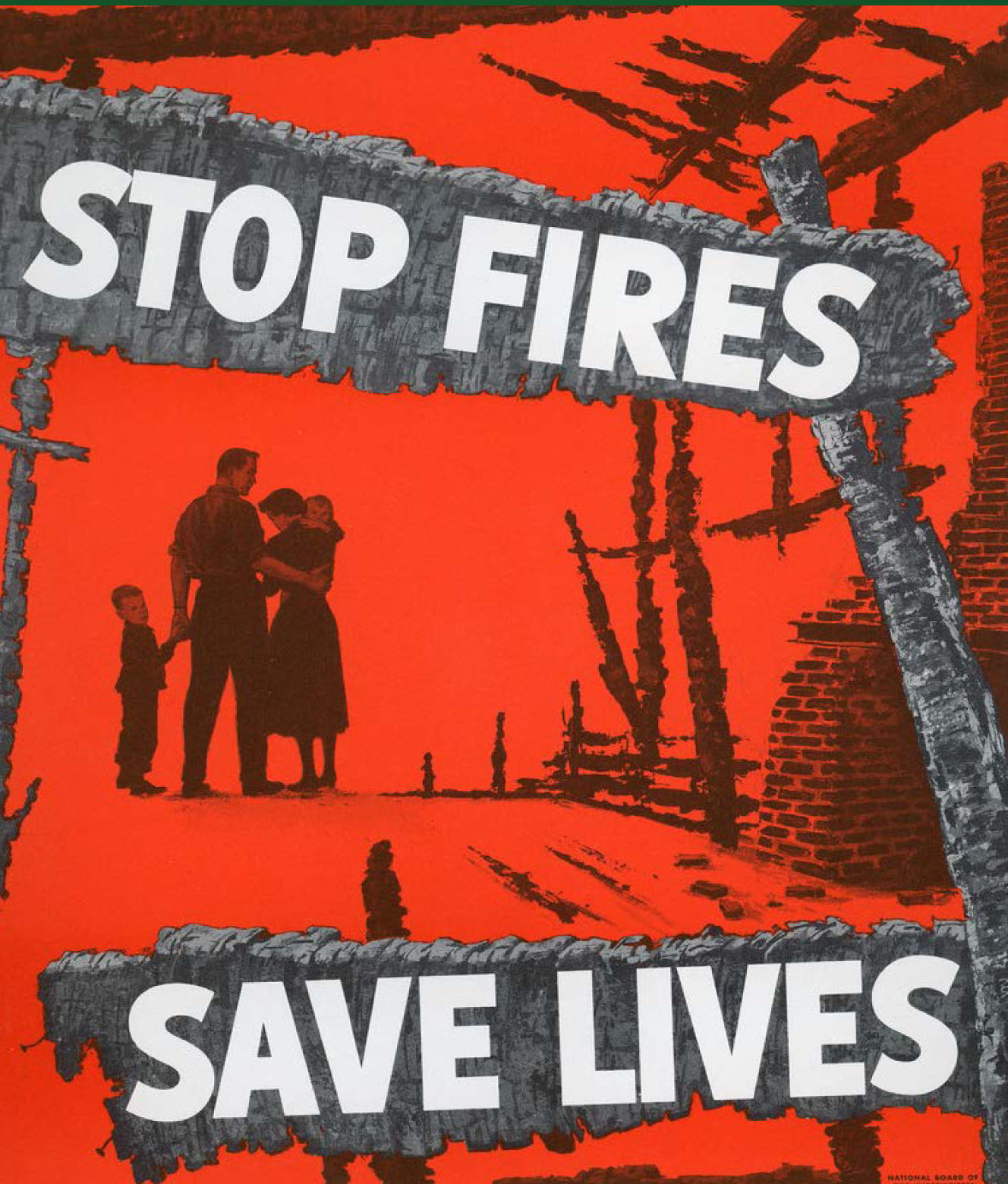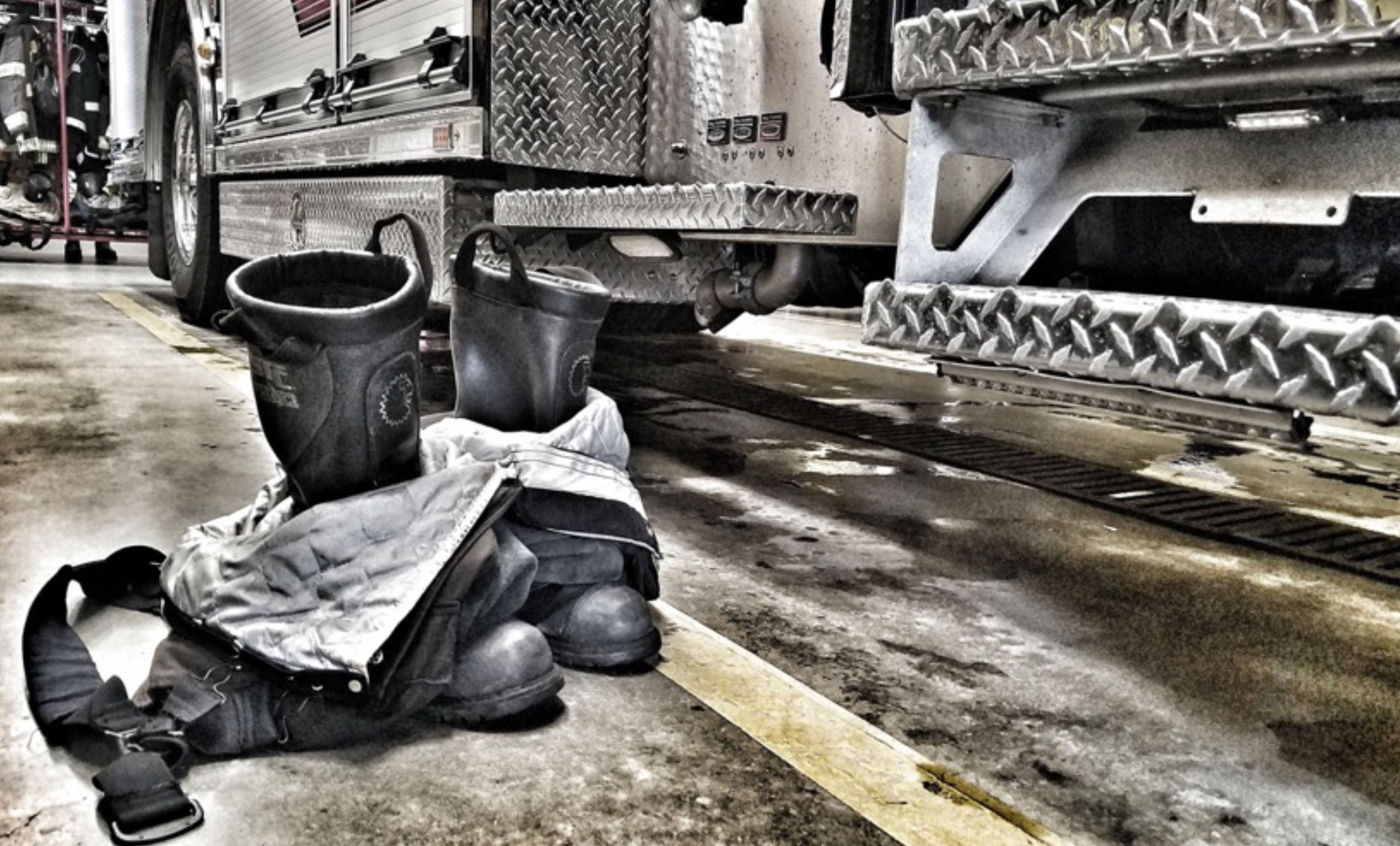Developing a fire response test bench based on NFID
Based on assumptions of completeness and consistency of fire incident data reported in the National Fire Information Database (NFID) for the 11‐year period from 2005 through 2015, the research team had proposed to develop, by leveraging relevant information in the NFID, a simulation engine that would provide fire departments across Canada with a tool for … Read more











